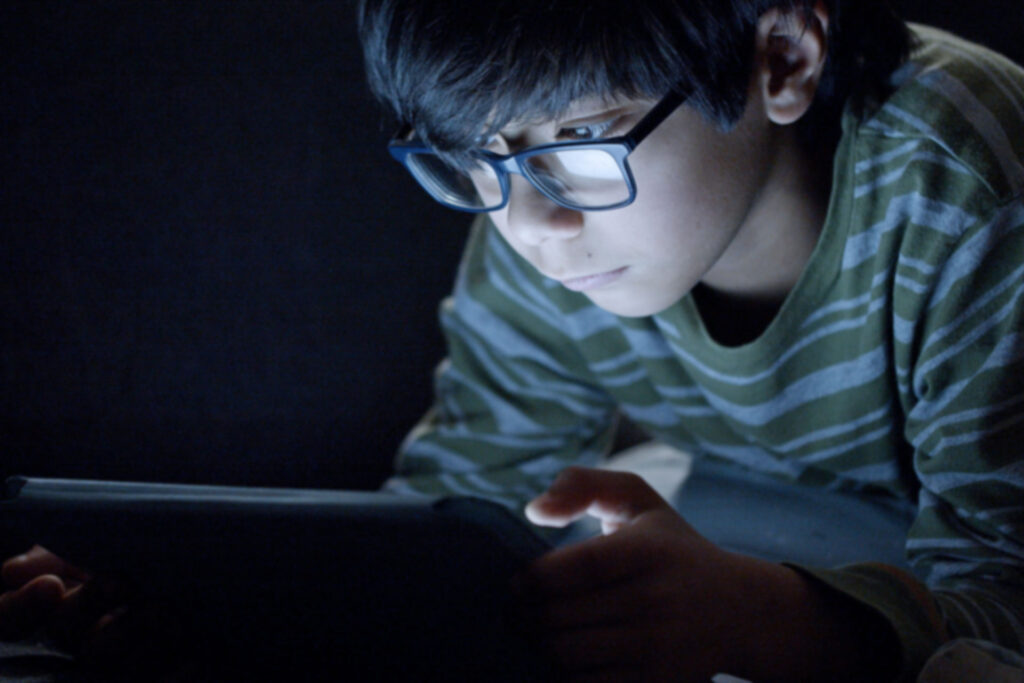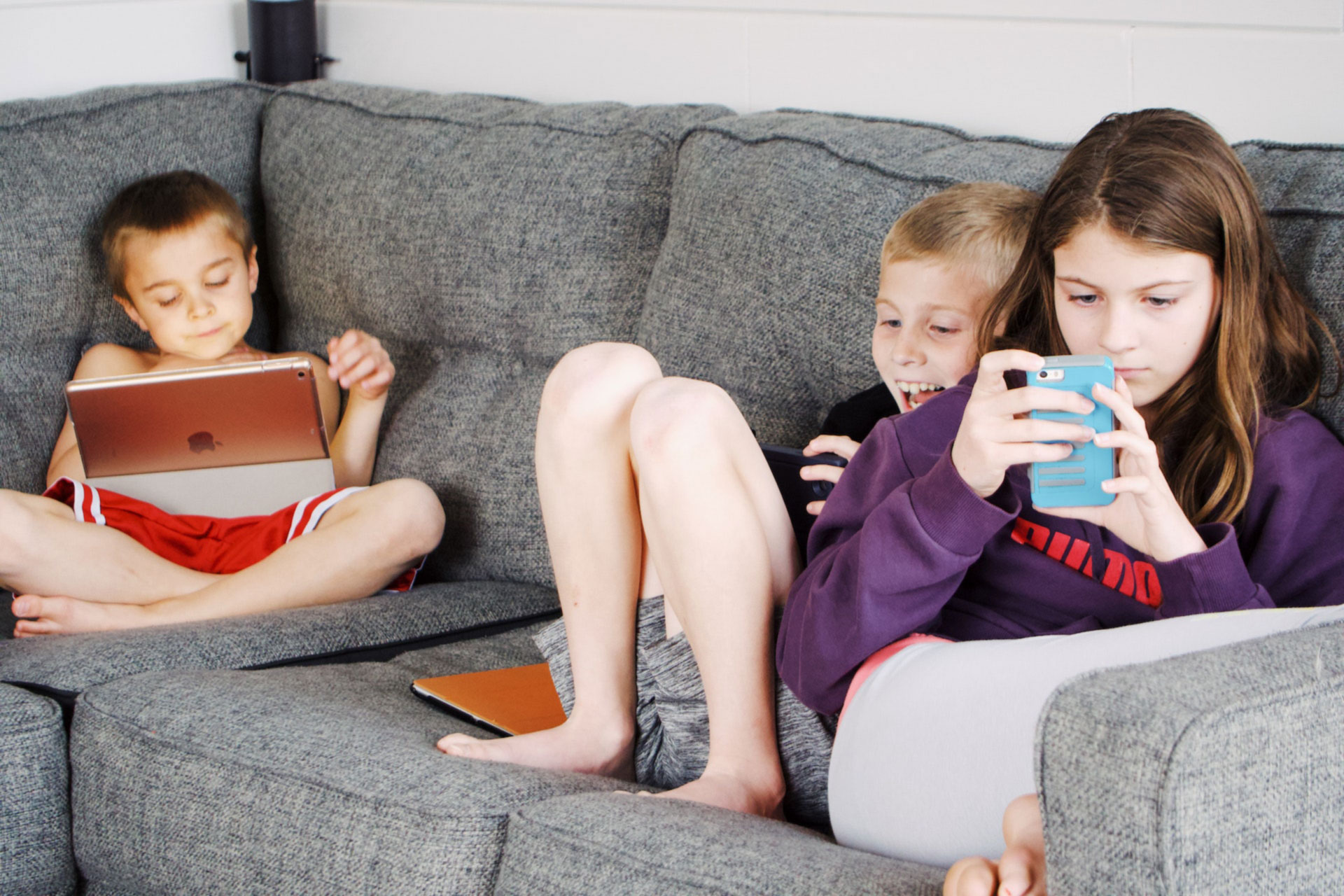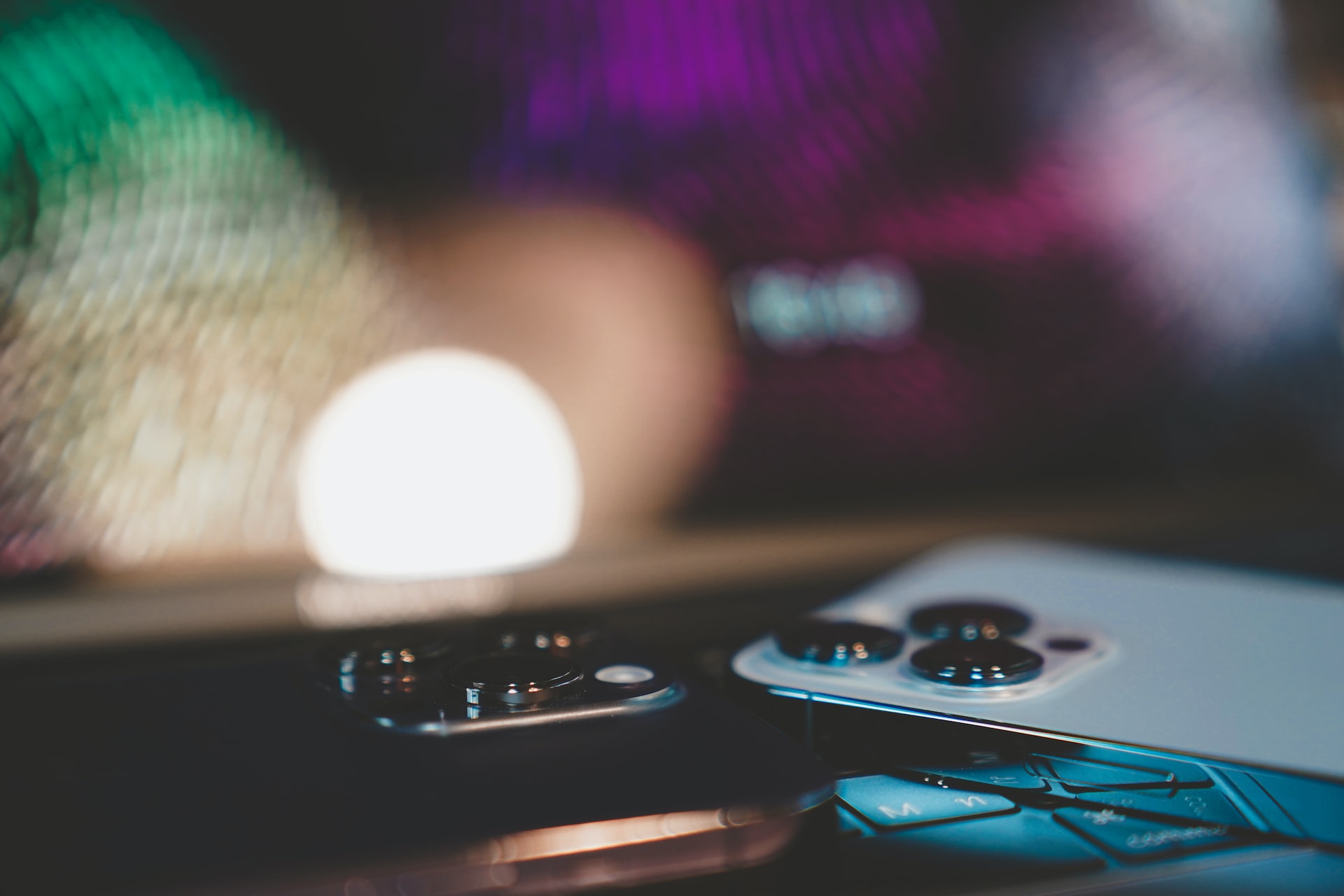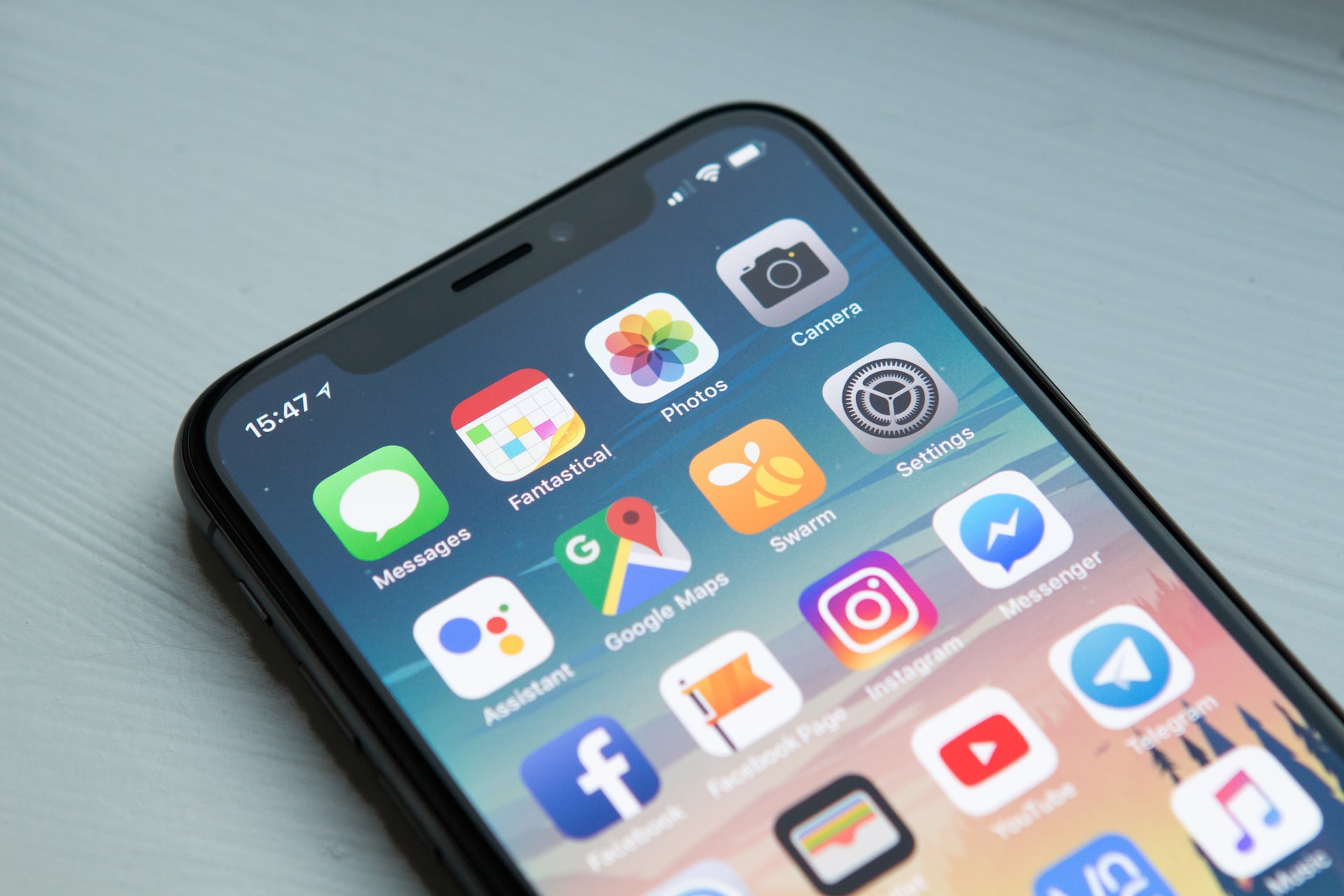How smartphones and tablets affect children’s brains?
The best way for a young kid to learn is to go out and explore, pay attention to the adults in their lives, and join in on the fun. Your child’s social skills, conduct, and emotions may all suffer if they spend too much time in front of a smartphones and tablets. Problems with eyesight, weight, sleep, and general health are all possible outcomes.
Kids below the age of two should not be exposed to smartphones and tablets screens at all, and older kids should have no more than one to two hours of screen time per day, as recommended by the American Academy of Pediatrics. A person’s developmental, behavioral, and mental health may all suffer from excessive screen time, which is analogous to a drug addiction. You may be concerned about this. How does your child’s excessive screen time affect their growing brain?
1. Issues with behavior
The effects of excessive screen usage on aggressiveness and other problematic behaviors have been well-documented. Children who regularly spend more than two hours a day in front of electronic screens are more prone to act out or be irritated when they aren’t utilizing these gadgets. They also tend to have attention or emotional issues.
2. Issues in society
A youngster may struggle with social interaction if he or she spends too much time in front of a screen and not engaging with other people. This means they could miss out on crucial information sent via nonverbal signals including a person’s facial expressions, tone of speech, and eye contact. There may be long-term consequences for socialization and interpersonal connections.
3. Disturbed sleep
A child’s education, cognition, feelings, habits, and general mental wellness all depend on the quality and quantity of sleep they get. Most digital displays give out a blue hue. Prolonged exposure to this blue light can disrupt your child’s internal body clock, potentially leading to smartphone addiction. The child’s brain may mistake the blue light from the screen for daylight, keeping them awake long after the device has been shut off.
4. Issues with eyesight
Children who spend excessive time in front of screens are at increased risk for developing permanent eye problems. Excessive use of digital devices may cause eyestrain, headaches, and other symptoms including burning, itchiness, and tiredness. Blue light may hasten macular degeneration because it harms retinal cells. In addition, this is the reason why more kids are developing myopia.

5. Discomforts of a Physiological Nature
Long durations of hunching over cellphones or tablets might harm a child’s growing spine and impair their posture. Consequences such as chronic back pain and migraines might develop as a result of this.
6. Problems with Weight
It was well established that spending time in front of a screen is a sedentary pursuit. Along with consuming plenty of processed junk food, this is a major cause of childhood obesity. Kids lose some self-control over what and how much they consume when they eat in front of the TV. As a result, kids who regularly snack while watching smartphones and tablets are much more inclined to become obese. Hypertension, joint pain, and cardiovascular disease are just a few of the health issues that may develop as a result of obesity.
Reducing the Negative Effects of Screen Time
There are a few things parents may take to reduce their children’s smartphones and tablets usage.
Minds should wander
Seeing a child find something they love is one of the most rewarding aspects of parenting. Get them involved in activities they like, such as music, athletics, or painting, so they don’t have to spend time on mindless digital media. Almost half of all adolescents (46%) admit to using their phones as a means to avoid social interaction with others, at least sometimes.
Watch movies and TV shows along with the kids
Zero screen time is often recommended by physicians for children under the age of two. The American Academy of Pediatrics advises limiting children’s exposure to media from birth to age five to no more than one hour per day (with video calls being the one exception).
Put in some time with the family
Parents and children alike are susceptible to distraction while using digital devices like smartphones and tablets, but everyone in the household should do their part to reduce screen time. Plan some family time without electronics, particularly at mealtimes, when you can communicate with your kids about their day and help them feel more prepared to handle the stresses of growing up. In addition, if you and your partner set a good example for your children, they will likely adopt similar screen-use policies.
Apply a digital nap time curfew
For proper brain maturation, a good night’s sleep is needed. Contrarily, though, screen entertainment is crafted to keep us engaged. A good night’s sleep may be replaced by spending hours playing a video game on smartphones and tablets or surfing the web.
Go outside for fun
Spending too much time in front of a smartphones and tablets screen is bad for your health, emotions, and productivity, whereas time spent outdoors has the opposite effect. More than half of teenagers (56%) indicated experiencing at least one of three unpleasant emotions—loneliness, being sad, or getting nervous, they didn’t use their smartphone. There is evidence that children who spend longer time staring at screens are less active and receive less sleep.
Final word
All kids should have access to the latest technologies and gadgets to be better equipped to survive and socialize in the 21st century. However, without even realizing it, children might get overstimulated by smartphones and tablets usage, which can lead to negative emotions, anxiety, impatience, and bad conduct. The children’s educational aptitude and social relationships are two important aspects that could be negatively impacted by these symptoms and thus parents must play a more proactive role to safeguard them from these effects.
Photo by Jessica Lewis Creative



